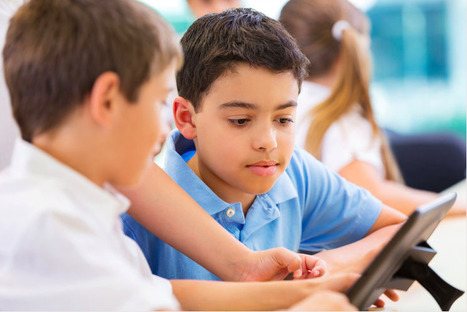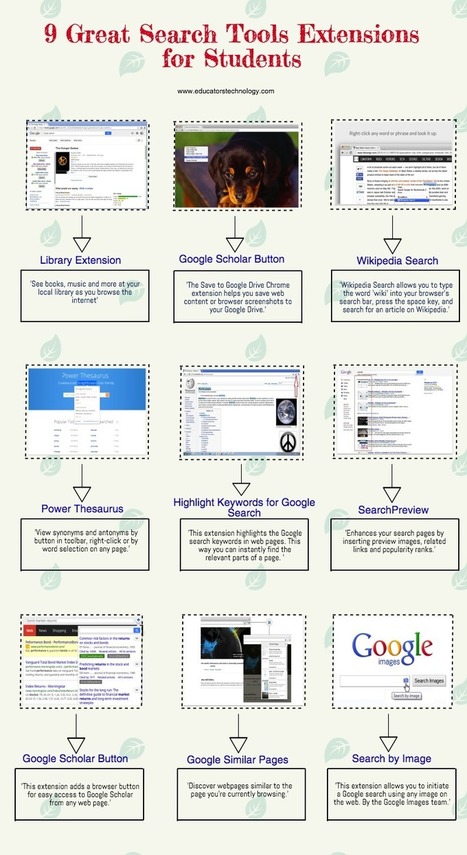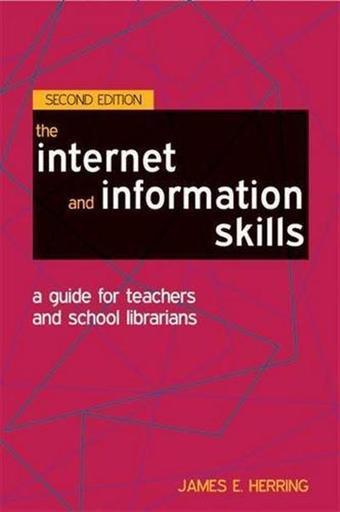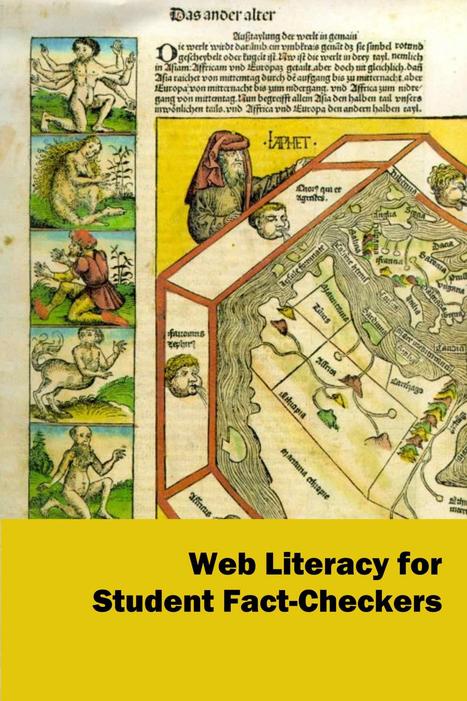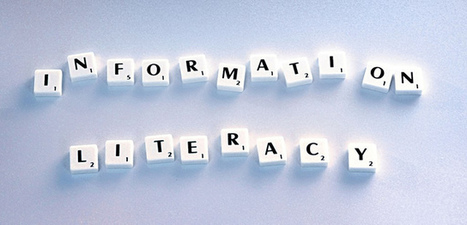Improving Students' Web Use and Information Literacy free download
As a result of recent learning and teaching developments, teachers are being trained to use ICT to develop more innovative teaching methods, and students are invariably required to use electronic information resources as part of their assignments. Networked internet access is now the norm in both primary and secondary schools, available not only in the school library but in computer suites and classrooms. Teachers and school librarians are increasingly aware that information literacy is a key skill needed by today's students, who are tomorrow's workers within the knowledge economy. The need for educators to understand how to help students to become effective information users is paramount. This book offers teachers and school librarians the means to exploit the internet effectively both as a learning and a teaching resource; in particular to hone their skills in accessing the most relevant parts of the internet to provide suitable information sources to aid students' learning. It offers valuable insights into information literacy and provides helpful examples of the most effective ways of teaching information skills. The book is a vital resource for all teachers and school librarians, and is relevant in all areas of the world. It is equally of use to head teachers and to professional educators and managers up to further education level. It should be on reading lists of all education institutions offering teacher training courses.
Via
Elizabeth E Charles



 Your new post is loading...
Your new post is loading...



